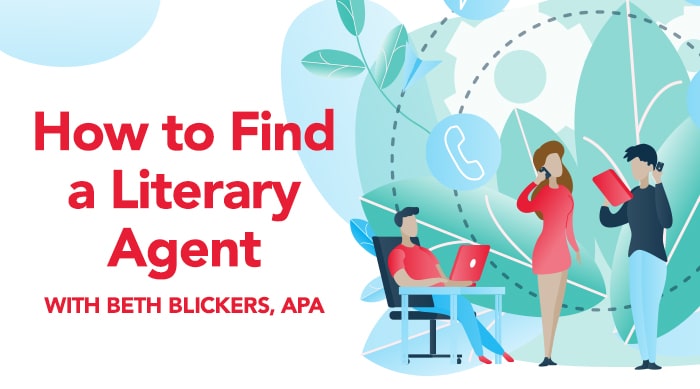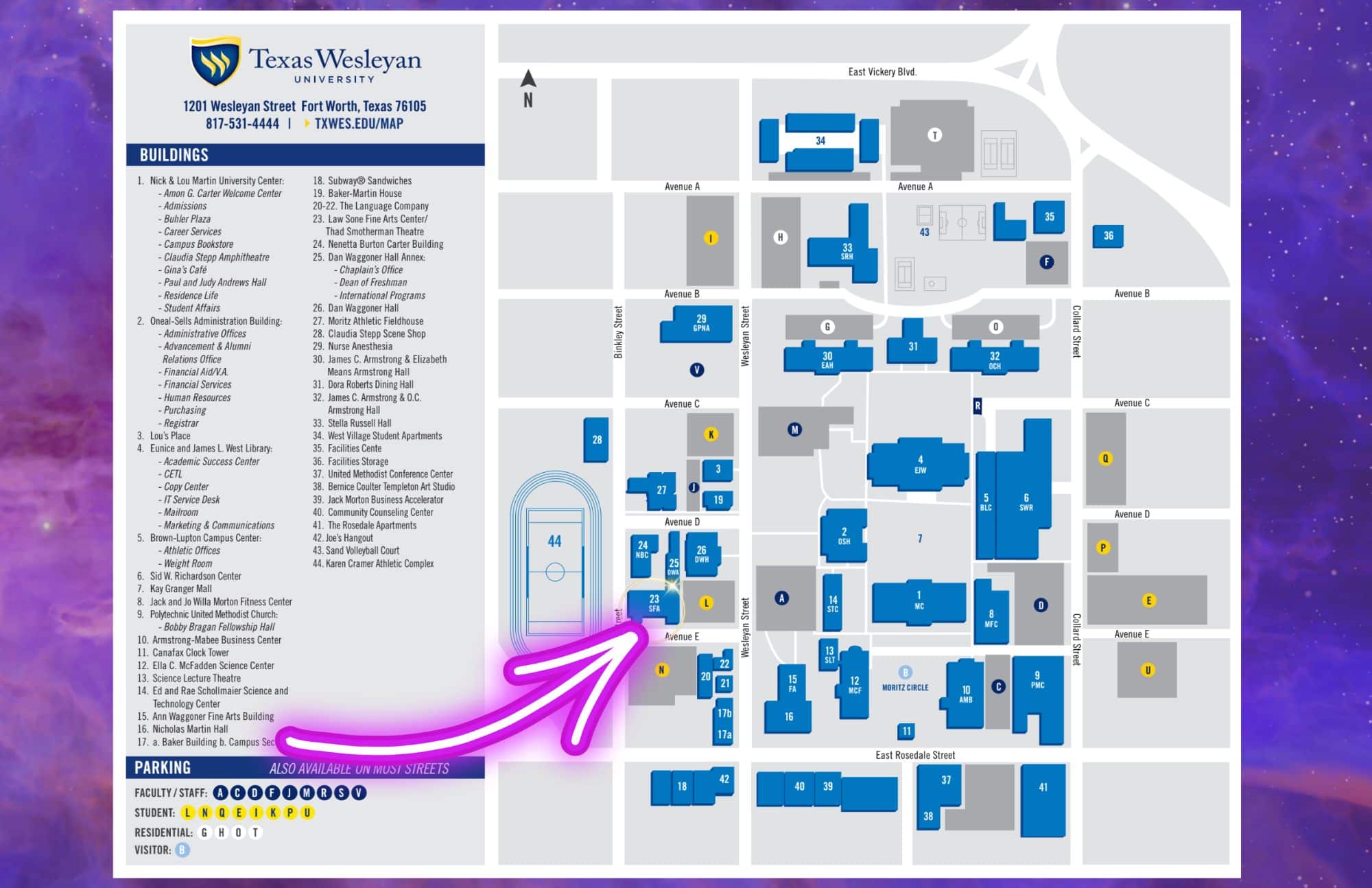“How do I find a literary agent?”
“Can you recommend who would be right for me?”
“Is there an agent in town who is actually taking on new clients?”
Many writers ask about how to find a literary agent. I reached out to Beth Blickers, Literary Agent at APA (Agency for the Performing Arts) for some insight and tips. Beth was very generous to share her suggestions on how a writer can best connect with an agent.
From Beth Blickers:
Step One: Ask Around.
Using the web, fellow artist friends, theater professionals, etc., do some homework on who is out there, what they are like (do they attend client readings, do they give smart notes on scripts, are they good with contracts, do people want to work with them), who do they handle (do they have director clients with whom you’d like to work). Do their clients like them? In what way? Is what they are praised for something you need? Do theaters like working with them? Find them responsive? Think they send smart material? Think they are the source of all the interesting new artists?
Step Two: Narrow Your List and Leverage Your Contacts.
Isolate your one or two or three top choices for an agent and then go to town. Have the highest ranking people you know (and who knows the agent), get in touch. That can be one of their clients, but it can also be commercial producers, artistic directors, literary managers or dramaturgs.
So if you set your sites on Jane Austen of the Austen Agency and if someone says to you, “Oh, I love Jane! We talk three times a week.” then odds are this is a person who should go on your outreach list. When you have two or three or four of them, launch the attack. We listen when we hear the same name from several directions. And if it coincides with a flashy reading, winning a big award, getting into a major developmental program, or a production at a great theater or a bunch of nice reviews then all the better. And actually readings are holding less and less import these days so maybe wait for the production and reviews.
But before you do this, heed this warning:
Even if most agents wouldn’t admit this, you get one good crack at us. Opinions are made almost instantly and within 20 pages I know if I’m seriously interested. So if your play really takes off on page 77, don’t send it to me. If you know what you want to address in a rewrite, do the rewrite before you send it to me. If you’ve never had a reading of it, please hear it (even if that’s in your living room) before you send it to me. It’s amazing what you realize when you hear your play out loud. If you have never had a reading at a major theater, or a production at even a minor theater, or won a nationally recognizable award, or gotten into or graduated from a good writing program, ask yourself the following question: I have one good shot at impressing this agent and making a connection, is this the play and the moment to try to do so? Because while I’ll probably read your new play a year later if things seem to be cooking for you, there are agents who won’t. And there aren’t many of us, so how quickly are you going to gather no’s from everyone? Then you go out and continue to build your career and come back around in a year or two and are the writer we all passed on. Not the place you want to be coming from. There are people who have come to me six times asking me about representation and that’s not coming from a place of strength as a writer.
My general rule of thumb?
You should be trying to find a literary agent two or three years after you think you need an agent.
Every time I say that on a panel, I watch the audience wilt. But every agent I’ve said this to has laughed and then agreed. It’s not true in every case, but ask yourself very honestly if it’s true in yours. If it is, take some time, get to know some more people, build your catalogue of plays. You don’t need twelve plays to get an agent (and actually in your query letter please DON’T tell me you have twelve plays). However, if you’ve written twelve plays odds are it’s the last three that are really good and really producible.
Take some time, get to know some more people, build your catalogue of plays.
The Bottom Line: Take Your Time.
If you read this and thought “but I don’t know three people who know agents” then that’s a sign you aren’t ready to pursue an agent. Agent and client relationships can last for years and even decades. Waiting a couple of years to find the right person is going to seem like nothing when you look back and say “wow, we’ve been together for fifteen years.”
And when it all comes down to it, isn’t THAT the kind of agent you want?
 Beth Blickers is an agent at APA, where she represents artists who work in theatre, television and film. She started her career at the William Morris Agency, where she began work after graduating from NYU.
Beth Blickers is an agent at APA, where she represents artists who work in theatre, television and film. She started her career at the William Morris Agency, where she began work after graduating from NYU.
Beth has served on the jury panel for the Weissberger Award, the Ed Kleban Award, the Lark’s PONY Fellowship and Playwrights Week and NYMF and facilitated industry related workshops and panels for organizations around the country.
She is the Past President of Literary Managers and Dramaturgs of the Americas and is the Board Chair Emeritus of Theatre Breaking Through Barriers, a New York company that works with artists with disabilities.



















Hi Holly, Beth’s words are almost hilariously discouraging! Since I’d like my musical produced before I’m dead and have been the reigning queen of procrastination since it was completed, I’ll count that as my 2-3 year wait, and go ahead and send along the synopsis and 3 of 35 songs for my one shot at whomever is accepting the unsolicited from the undiscouraged ! 🙂